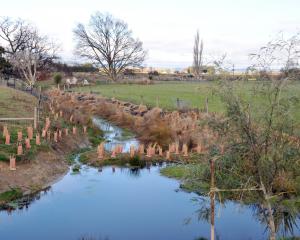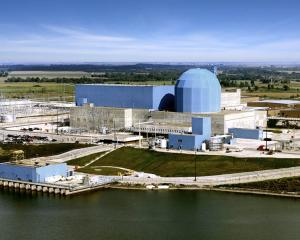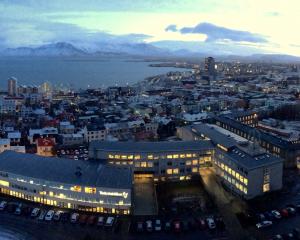Here are four definitions of the word busy:
1. Having a great deal to do (adjective).
2. Excessively detailed or decorated (adjective).
3. Keep oneself occupied (verb).
4. A police officer (noun, informal British).
I rather like the last definition, which I had never heard of - apparently, one could be ''picked up by the busies for possession''!
Busy, busy, busy - the word has become tiresome. ''How are you? Oh busy, so busy!'' It has become a competitive phenomenon - you show me your busy and oh, just watch as I show you my busy! What are we so busy doing I wonder?
Here are some questions for you acquired from Katy Trost, of Forbes:
''Are you making yourself feel important and desirable by being in demand? Ask yourself where your obsession with being busy is coming from. What are you not willing to face that will eventually come up when you're taking too long of a break? One of the most universal numbing strategies is what I call crazy-busy.''
I think we understand this subconsciously, yet we still fall into the busy-trap. I remember a visit to Northern China where I had jam-packed my agenda so that I didn't have a moment to spare. Towards the end of the trip, I was beginning to be plagued by the type of stomach problems which occur from too many banquets. I was worn out and not wanting to be too far from a toilet at any one time. My hosts decided to take matters into their own hands. Meetings were cancelled and I was taken to a traditional Chinese tea house. I did not appreciate this, I felt we should push on. Instead, I sat in the oppressive, dark basement of a massive shopping complex, surrounded by tea and tea pots, wondering where the closest toilet was and feeling fearful of my ability to find it on time.
Tea is a drink shared worldwide, but it originated from China and was cultivated in the beginning as a herbal medicine. Traditional tea ceremonies can be described as ''he'' which translates to peace, ''jing'' which translates to quiet, ''yi'' which means enjoyment and ''zhen'' meaning truth. Within the first half hour of my teahouse visit, I realised that the ceremony was not going to be a short affair. I ignored my rumbling abdomen and started to give in to the situation.
My hostess was graceful, her movements were slow and deliberate as she went through the many steps of a traditional tea ceremony. Water was constantly flowing, from cleansing the leaves to warming the many small tea cups. I tried asking questions and was gently nodded to and smiled at, but not spoken to. My agitation dissipated and even my stomach began to co-operate.
In the blink of an eye, half the day had passed and I left with my own clay teapot and beautiful teas, promising to take the traditional Chinese tea ceremony to my family - who have not willingly obliged; I suspect I lack the required grace.
Most of us recognise when we are on the busy-train, yet don't have the energy to get off. Many people I know are advocates of yoga, meditation, or mindfulness. I have tried these and for me, they feel like yet another chore adding more pressure to my day.
I have discovered instead, that cooking and creating in my kitchen on a Sunday afternoon leaves me with the same feeling as a Chinese tea ceremony and sets me up for the week ahead.
I don't think we should be too prescriptive about what helps us slow down - different people will respond to different things. Most important is recognising when the wheel is spinning too fast and getting off, even for a few hours. And next time someone asks you how you are, try to find an alternative adjective to ''busy''!
-Anna Campbell is managing director of AbacusBio Ltd, a Dunedin based agri-technology company.
Comments
That is the question asked by retail staff: "Busy day?" They think it naff too, but it's a management requirement. The answer must be more than 'Yes', or (gasp!) 'No'. Befuddled, the retired, the aged, the out of work and the out of it, must desperately come up with an exemplar of occupational productivity.
The Busy Imperative is a legacy of the Protestant Work Ethic, a non religious invention during the Industrial Revolution.










